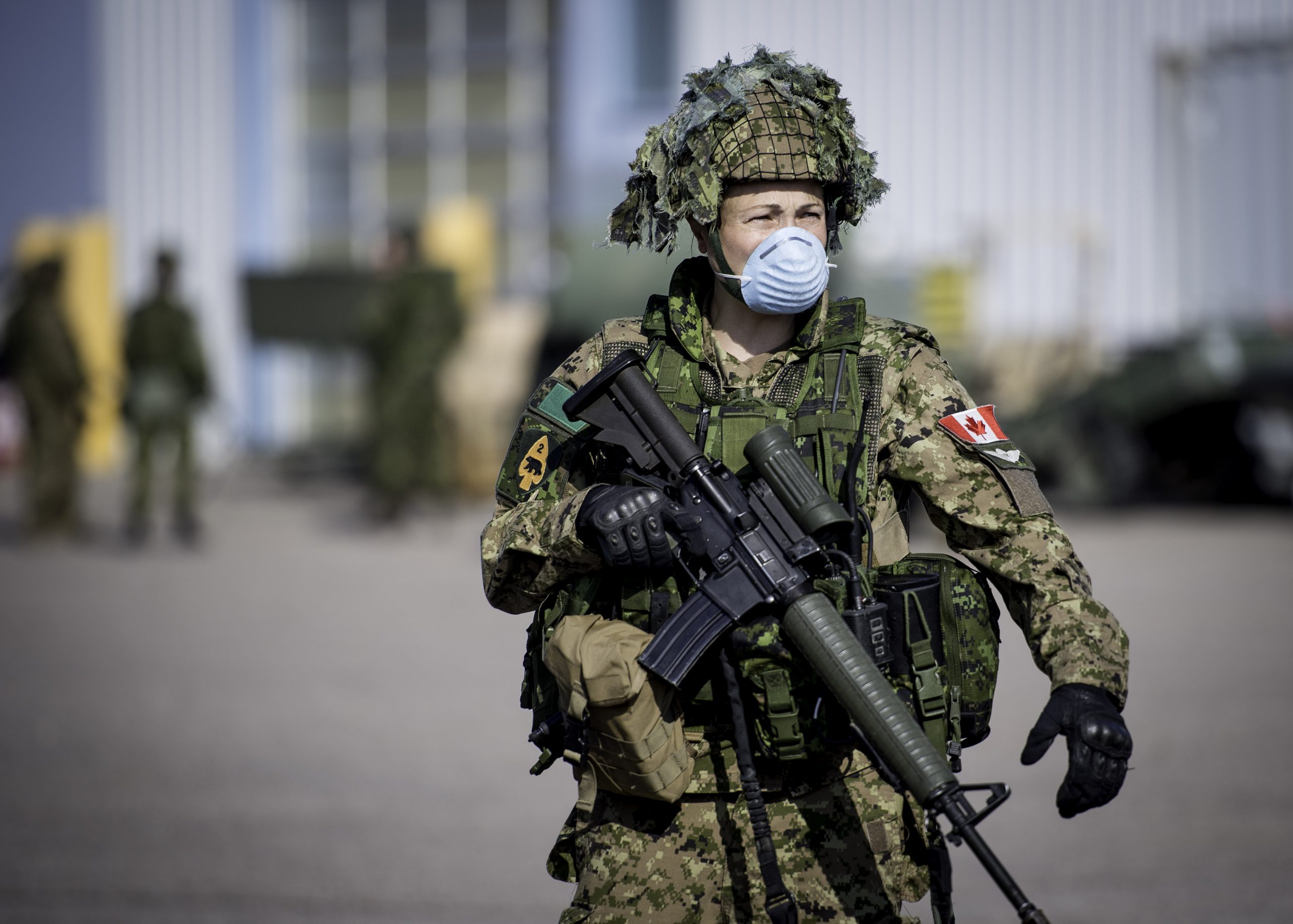Panel 2 (October 16): Counterinsurgency and Counter-terrorism
Counterinsurgency and counterterrorism are two of the most high-profile areas for capacity-building, particularly in the wake of the wars in Afghanistan and Iraq. Debates about capacity-building in these contexts often focus on the relative ethics, costs and effectiveness of direct interventions and of training local partners, problems of local legitimacy, and the difficulties in supporting troubled and unstable governments. In the wake of COVID-19, are COIN and CT still priorities for outside sponsors facing economic disaster? How has the pandemic affected cooperation and local knowledge in capacity-building operations, and reshaped capacity-building strategies, such as in contact with partner armies, awareness of gender and ethnic disparities in COVID-19 impacts, and the priority to be placed on health care? How will these changes persist?
Speakers :
• Major-General Jennie Carignan, Commander of the NATO Mission in Iraq
• Marc-André Boisvert, Independent researcher
• Louis-Alexandre Berg, Georgia State University & United States Institute for Peace
• Presidency : Bruno Charbonneau, Royal Military College Saint-Jean
Capacity-Building in the Age of COVID-19 – Virtual Workshop Series
In the past decade, in a world with many different security challenges, the disastrous failures of direct interventions in Iraq and Afghanistan, and straitened budgets after the financial crisis of 2008, capacity-building became an increasingly important tool in international security. As states, international organizations and NGOs sought to bolster their partners’ abilities to deal with security problems in many different domains, including defence, counterinsurgency/counter-terrorism, and peace-building, capacity building was not only regarded as more sustainable over the long term than international intervention, it was also deemed useful to achieve better burden sharing.
The COVID-19 pandemic puts the requirements for and the uses of capacity-building in question. Moving personnel around and working side-by-side with partners now poses new health risks; the economic calamity which has ensued from the pandemic raises searching questions over how states and organizations will change their policy tools. Have states reconsidered their engagement in what were often treated as low-priority missions? Will they, instead, turn all the more to capacity-building so that others can take on security burdens? How have capacity-building needs and mission operations changed with the new emphasis on health security? Are these reversible or likely permanent changes? Will the difficulties of international cooperation be felt in this domain? This series of virtual workshops will address these and related questions. We will explore the state of capacity-building before the pandemic; assess its impacts on capacity-building operations in defence, COIN/CT, and peacekeeping operations; and analyze the challenges posed for the Canadian Armed Forces. The panels will bring together academic experts and policy-making practitioners to learn from each other.
Organizers

Theodore McLauchlin
+1 (514) 343-6111, poste 47668
theodore.mclauchlin@umontreal.ca

Marie-Joëlle Zahar
+1 (514) 343-6111, poste 20325
marie-joelle.zahar@umontreal.ca




Comments are closed.